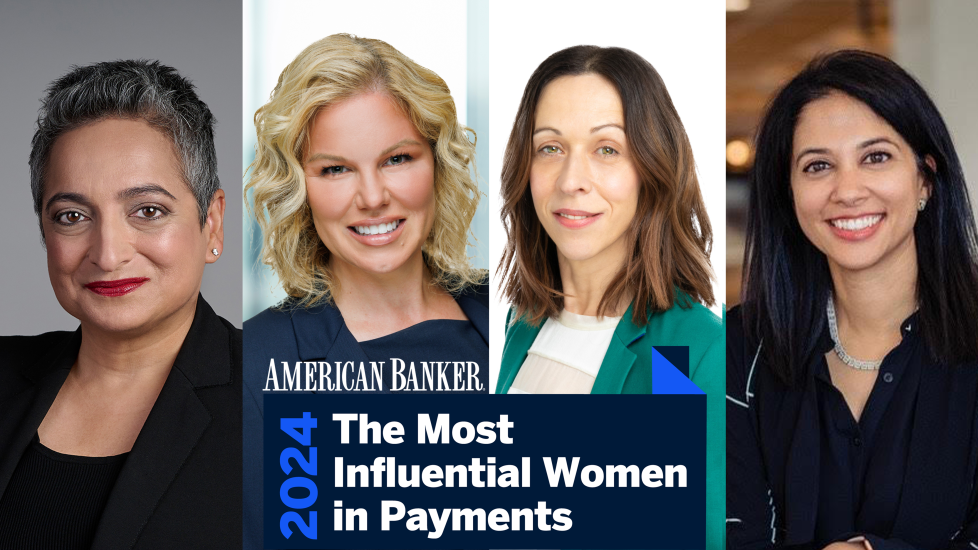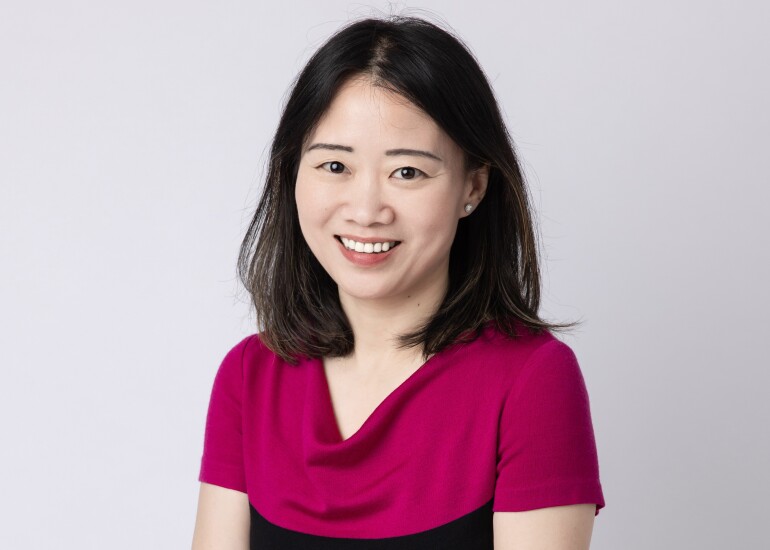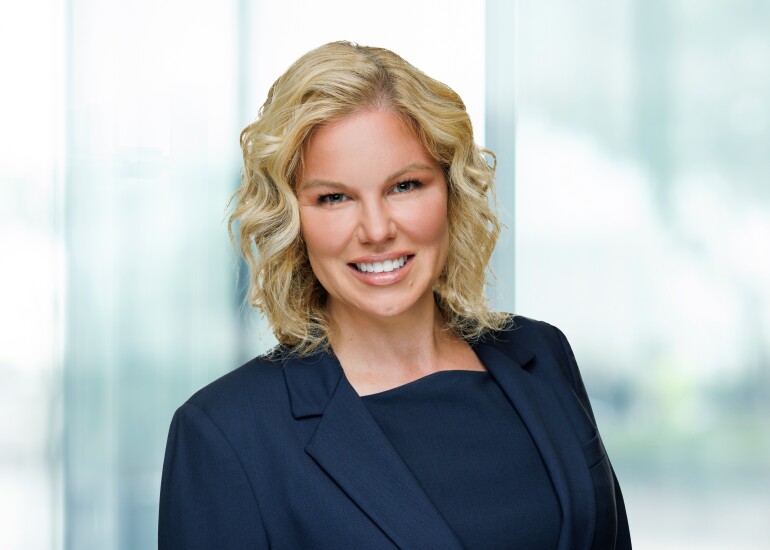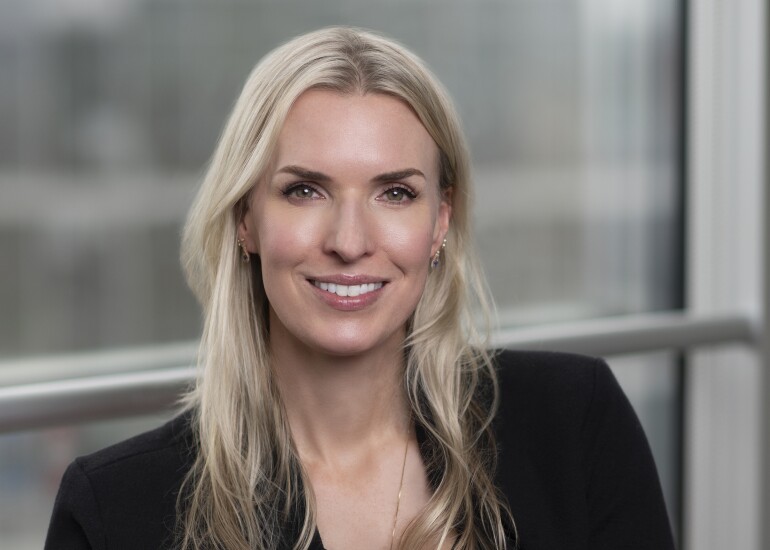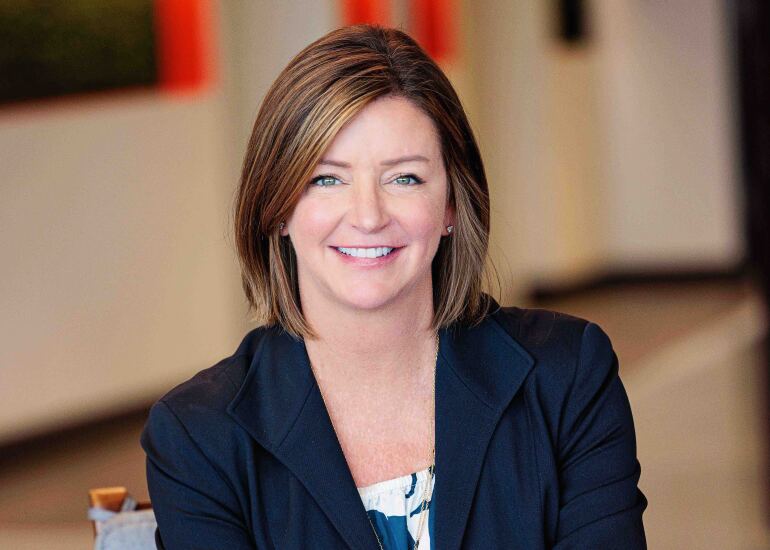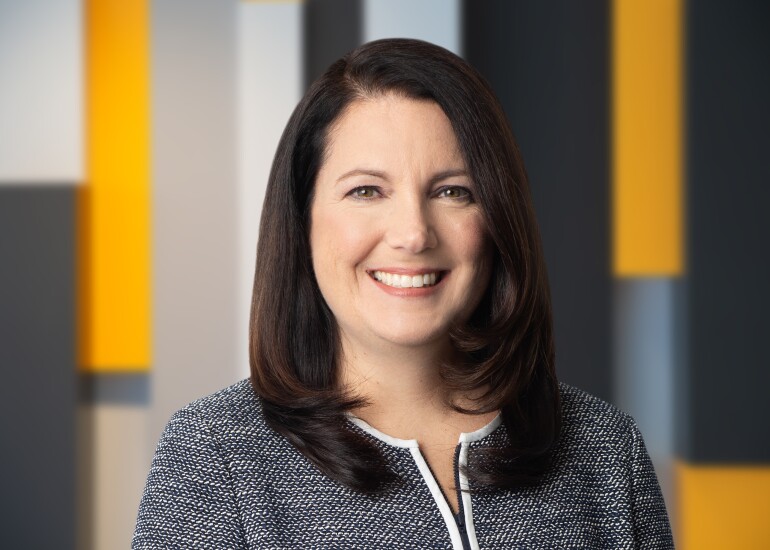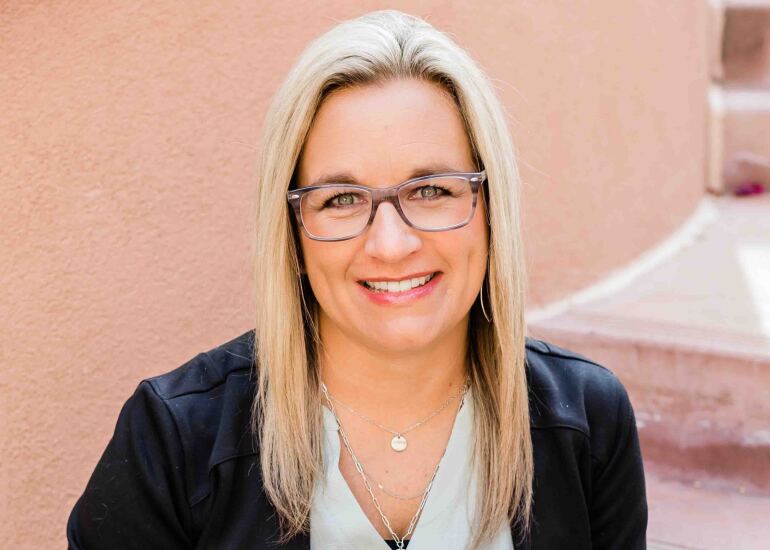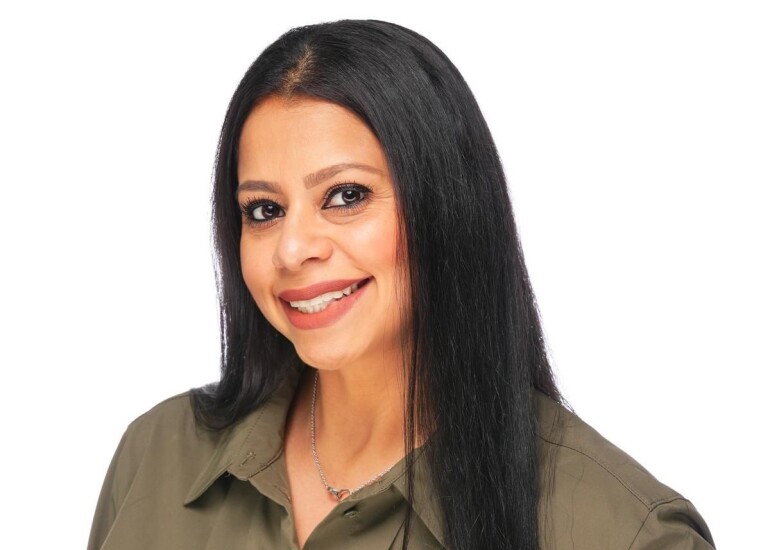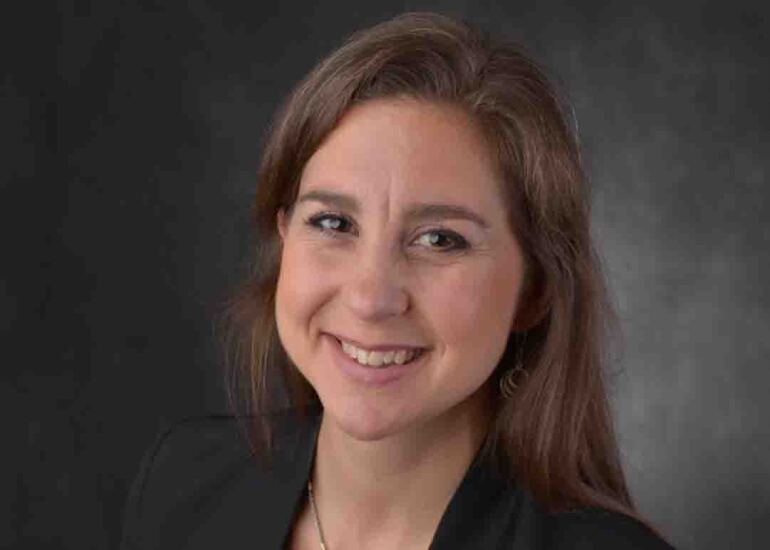Artificial intelligence, hybrid offices, real-time payments and other factors are rapidly changing the nature of work in the payments industry. And this year's honorees for American Banker's Most Influential Women in Payments are up to the challenge.
Standing at the forefront of innovation, these women have taken a proactive approach to the technologies and trends reshaping their work life, while still emphasizing the importance of empathy and mentorship.
"The payments industry is so dynamic, with exciting innovation coming from unexpected places. When women lean into their curiosity, it often helps them ask the tough questions, build bridges across the company and industry, and create new opportunities for themselves and our business," said Carol Juel, chief technology and operating officer at Synchrony, and one of this year's honorees.
Many of this year's honorees will appear in person at Payments Forum, taking place in Hollywood, Florida, on March 27-28.
As more companies return to the office — in full or in part — it once again changes the opportunities women have to advance their careers through access to mentors. This is especially the case for people who started their jobs as remote workers during the pandemic, and live too far away to join colleagues in the office. But there are ways to overcome this issue.
"If we allow the hybrid or remote work environment to be an obstacle, then it will be. However, if women continue to network, even if remotely, with key individuals inside their organizations, the fact that a position is hybrid or remote is immaterial," said Kim Fitzsimmons, CEO of Talus Pay.
She and other honorees spoke of the importance of networking with people who don't work at the same company. "Mentors can be found in a variety of places, but one must put themselves out there and seek mentors to take advantage of all the good things these relationships have to offer," Fitzsimmons said.
Read on to see what this year's honorees have to say about these and other important questions reshaping the payments industry. Honorees are presented below in alphabetical order.
Profiles below written by John Adams, Mary Ellen Egan and Kate Fitzgerald. Introduction by Daniel Wolfe.
